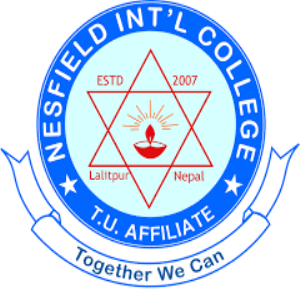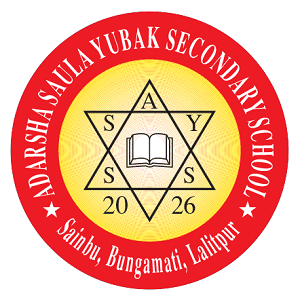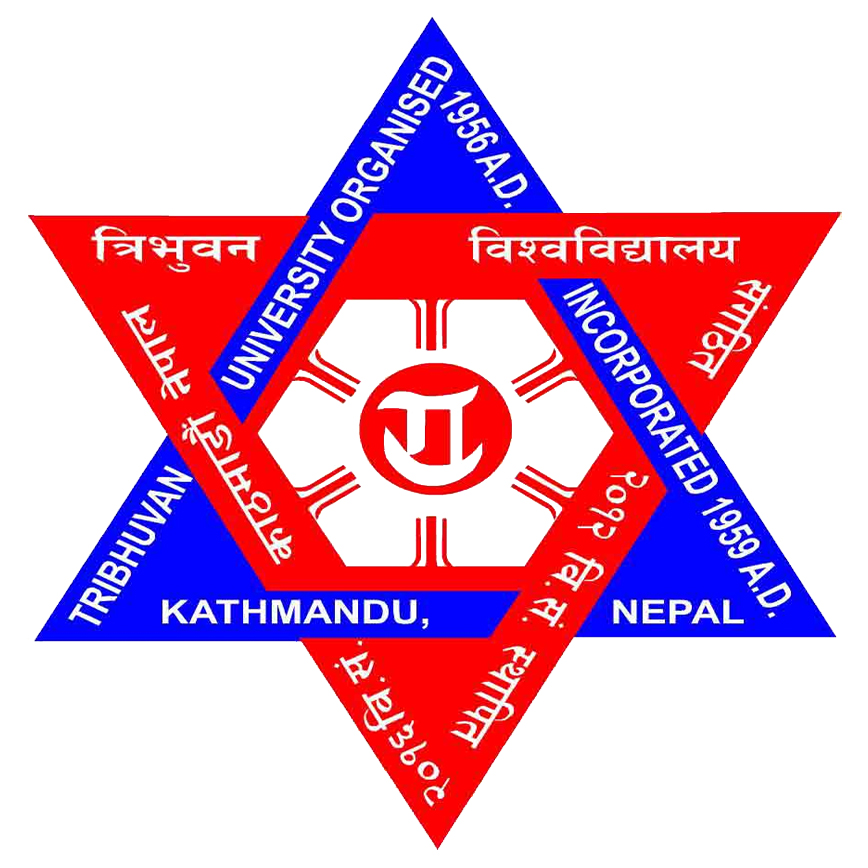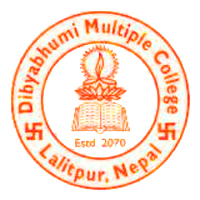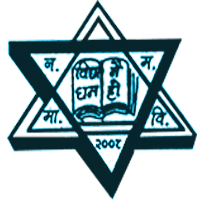Overview
Overviews of Bachelor of Arts at Nepal Open University, Man Bhaban, Lalitpur, Nepal (affiliated with Nepal Open University)
The Bachelor of Arts (BA) program at Nepal Open University is a four-year undergraduate degree designed to impart theoretical and practical knowledge in the humanities and social sciences. It encourages students to observe, visualize, and analyze social phenomena, preparing them for higher education and research in their chosen fields. The program covers various disciplines, allowing for a comprehensive understanding of society and human behavior.
Eligibility Requirements
Minimum Requirement:
-
Completion of secondary education or intermediate level (I.A. /10+2) or equivalent degree with at least a D+ grade from a recognized institution.
Admission Criteria
-
Admission is based on the Merit List prepared after the entrance examination.
-
Selection is based on oral performances, previous qualifications, and virtual interviews.
-
The final eligibility list is published on the university's website.
Program Objectives
-
Familiarize students with social and human values.
-
Provide broad, comprehensive knowledge and worldviews in the humanities and social sciences.
-
Enhance basic disciplinary knowledge and skills.
-
Equip students with analytical skills to bring about social change.
-
Incorporate contemporary issues into the curriculum.
-
Prepare learners for further studies and degrees.
Salient Features
Evaluation Process:
-
Internal Evaluation: 40% (includes presentations, quizzes, discussions, assignments, etc.)
-
External Evaluation: 60% (Semester-end examinations)
Grading System:
-
A (4.0): 90 and above (Outstanding)
-
A- (3.7): 80 to <90 (Excellent)
-
B+ (3.3): 70 to <80 (Very Good)
-
B (3.0): 60 to <70 (Good)
-
B- (2.7): 50 to <60 (Satisfactory)
-
C+ (2.4): 40 to <50 (Pass)
-
F (Below 2.4): Below 40 (Fail)
Program Details
-
Duration: 4 years
-
Total Semesters: 8
-
Total Credits: 120 (40 courses * 3 credits)
-
Tuition Fee: NRs. 600 per credit (Total NRs. 72,000 for all semesters)
-
Examination Fee: NRs. 2,000 per semester
-
Name Registration Fee: NRs. 2,000 (one-time)
-
Admission Fee: NRs. 2,000 (one-time)
-
Library Fee: NRs. 1,500 (annually)
-
Entrance Fee: NRs. 1,000
Curricular Structure
Semester I:
-
Nepali I (3 Credits)
-
Sociology: Introduction to Sociology (3 Credits)
-
Sociology: Classical Sociological Theories (3 Credits)
-
English: An Introduction to English Studies (3 Credits)
-
English: History of English Literature (3 Credits)
-
Economics: Micro Economics I (3 Credits)
-
Economics: Macro Economics I (3 Credits)
-
Nepali: भाषाविज्ञान र नेपाली भाषा (3 Credits)
-
Nepali: नेपाली कविता र काव्य (3 Credits)
Semester II:
-
Nepali II (3 Credits)
-
Sociology: Research Methods in Sociology (3 Credits)
-
Sociology: Theories of Social Change and Development (3 Credits)
-
English: Prose (3 Credits)
-
English: Poetry (3 Credits)
-
Economics: Micro Economics II (3 Credits)
-
Economics: Macro Economics II (3 Credits)
-
Nepali: नेपाली नाटक र निबन्ध (3 Credits)
-
Nepali: आधुनिक नेपाली कथा (3 Credits)
Semester III:
-
Compulsory English I (3 Credits)
-
Sociology: Social Stratification (3 Credits)
-
Sociology: Social Institution and Processes (3 Credits)
-
English: Drama (3 Credits)
-
English: Literary Stylistics (3 Credits)
-
Economics: Mathematics for Economics I (3 Credits)
-
Economics: Development Economics and Planning I (3 Credits)
-
Nepali: पूर्वीय र पाश्चात्य साहित्य सिद्धान्त (3 Credits)
-
Nepali: पूर्वआधुनिक नेपाली साहित्य र लोकवार्ता (3 Credits)
Semester IV:
-
Compulsory English II (3 Credits)
-
Sociology: Political Sociology (3 Credits)
-
Sociology: Sociology of Capitalism (3 Credits)
-
English: Creative Writing (3 Credits)
-
English: Film and Society (3 Credits)
-
Economics: Mathematics for Economics II (3 Credits)
-
Economics: Development Economics and Planning II (3 Credits)
-
Nepali: आधुनिक नेपाली उपन्यास (3 Credits)
-
Nepali: उत्तरवर्ती नेपाली साहित्य (3 Credits)
Semester V:
-
Compulsory English III (3 Credits)
-
Sociology: Sociology of Law (3 Credits)
-
Sociology: Economic Sociology (3 Credits)
-
English: Nepali Literature in English (3 Credits)
-
English: Professional Communication (3 Credits)
-
Economics: Monetary Economics (3 Credits)
-
Economics: Public Finance I (3 Credits)
-
Nepali: नेपाली साहित्यको इतिहास र नेपाली समालोचना (3 Credits)
-
Nepali: प्रयोजनपुरक/कार्यमूलक नेपाली (3 Credits)
Semester VI:
-
Compulsory English IV (3 Credits)
-
Sociology: Democracy, Diversity, and Inequality (3 Credits)
-
Sociology: Sociology of Gender (3 Credits)
-
English: Masculinity Studies (3 Credits)
-
English: History of the English Language (3 Credits)
-
Economics: International Trade (3 Credits)
-
Economics: Public Finance II (3 Credits)
-
Nepali: अन्तविर्षयक अध्धयन (3 Credits)
-
Nepali: सम्पादन र पत्रकारिता (3 Credits)
Semester VII:
-
Elective 1 (3 Credits)
-
Sociology: Sociology of Environment (3 Credits)
-
Sociology: Sociology of Health (3 Credits)
-
English: Translation Studies (3 Credits)
-
English: Applying Literary Theory (3 Credits)
-
Economics: Monetary System and Banking in Nepal (3 Credits)
-
Economics: Financial Economics (3 Credits)
-
Nepali: विशेष अध्ययन (3 Credits)
-
Nepali: सिर्जनात्मक लेखन र वक्कला (3 Credits)
Semester VIII:
-
Elective 2 (3 Credits)
-
Sociology: Industrial Sociology (3 Credits)
-
Sociology: Sociology of Knowledge (3 Credits)
-
English: Research Writing (3 Credits)
-
English: Research for English Studies (3 Credits)
-
Economics: Contemporary Nepalese Economy (3 Credits)
-
Economics: Independent Study (3 Credits)
-
Nepali: शोधविधि (3 Credits)
-
Nepali: शोधपत्र लेखन (3 Credits)
Job Prospects
Graduates with a degree in social sciences and humanities have diverse career opportunities. They can work in educational institutions, research organizations, NGOs, INGOs, civil service, private organizations, cultural organizations, and more. They may also pursue careers as social activists, writers, editors, supervisors, consultants, journalists, political leaders, social engineers, and freedom fighters.
Conclusion
The Bachelor of Arts program at Nepal Open University is designed to provide students with a comprehensive humanities and social sciences education. It prepares graduates for higher education and diverse career opportunities, emphasizing flexibility, inclusivity, and practical application. For more details, visit the Nepal Open University website or contact the administration.
Contact Nepal Open University's administrative office for detailed information on the Bachelor of Arts course, including fees, scholarships, facilities, counseling, eligibility criteria, etc.


